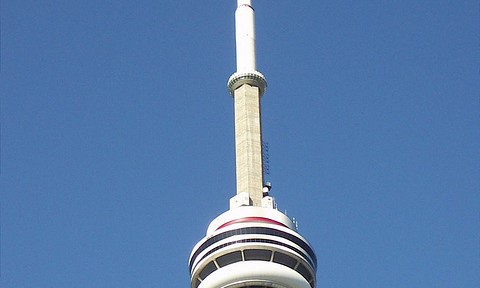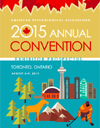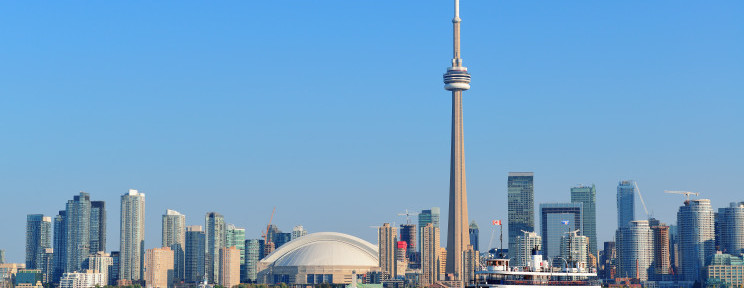By Earlise C. Ward, PhD, LP (Associate Professor, University of Wisconsin-Madison, School of Nursing)
Obtaining NIH grants has become even more competitive but there’s good news for early career researchers. In her Rock Talk blog, Dr. Sally Rockey, NIH’s Deputy Director for Extramural Research, wrote:
NIH has made a concerted effort to make sure that faculty members in their early careers have a fair chance when they compete against more established investigators.
NIH recently adopted the Early Stage Investigator policy. That policy specifies that New Investigators within ten years of completing their terminal research degree or within ten years of completing their medical residency will be designated Early Stage Investigators (ESIs).
Traditional NIH research grant (R01s) applications from ESIs are identified and the career stage of the applicant will be considered at the time of review and award.
Here are some tips to help you win funding from NIH.
Tips for Success:
- Become familiar with relevant NIH Institutes based on your research interest. For example, if you are doing mental health research, National Institute of Mental Health (NIMH) might be of interest to you. If you are doing aging research, National Institute of Aging (NIA) might be of interest to you. If you are doing health disparities research, the National Institute on Minority Health and Health Disparities (NIMHD) might be of interest to you.
- Sign up for the NIH Guide ListServe. The Guide is emailed once a week, and contains Table of Contents with links to PAs, Notices, and RFAs.
- Review recently funded grants (RePORTER).
- Once you have identified an institute of interest, contact the program officer. It is helpful to get to know your program officer. You can also write a concept paper with your specific aims and ask your program officer to review and provide feedback as to whether your research falls within a priority area of the institute.
- When you decide to submit an NIH application, have a senior colleague review your research proposal. Also set up a mock review. If you have funding it is worth paying a consultant to review your grant.
- If you meet the criteria for an Early Stage Investigator (ESI), indicate your ESI status on your NIH grant application.
Given the competitiveness of securing NIH grant funding and the limited federal funding available, it is important to explore other options for funding. In other words, diversify your funding portfolio. I encourage you to explore funding from private organizations including Robert Wood Johnson Foundation (RWJF) and other organizations relevant to your areas of research interest.
Winning grants for your research takes a lot of time. Plan ahead to make sure you have enough time to write the proposal, have it reviewed by colleagues, revise it and submit it on time. Once your grant is successfully submitted, be sure to take some time to celebrate your submission, as submission is a milestone. When you receive funding, celebrate again!
I look forward to hearing about other researchers’ tips for success.
Going to the APA Convention in Toronto (August 6-9, 2015)? Don’t miss the following opportunity!
Roundtable Discussion: An Insider’s Guide to NIH Research and Training Opportunities — Talk with NIH Staff
Date: Saturday, August 8, 10:00 a.m. -10:50 a.m.
Location: Fairmont Royal York Hotel, Ontario Room
Sponsors: APA Women’s Programs Office (WPO), APA Committee on Women in Psychology
Each year during the APA Convention, the WPO hosts an open meeting, An Insider’s Guide to NIH Research and Training Opportunities: Talk with NIH Staff, where individuals can talk to NIH program staff one-on-one. In an informal setting, staff from several NIH agencies will provide advice about funding and training opportunities.
Individuals can get tips on topics such as finding the right grant match for your needs, identifying research priorities, using the NIH Reporter grants information database, and asking the right questions of NIH staff, as well as learning more about the diversity supplement program, fellowship programs, research career development programs, the Extramural Associates Program for faculty at minority, women and small colleges, meeting grants and summer research programs, along with a range of other grant opportunities.


 So you’re traveling to Canada? The Great White North? The True North Strong and Free? As you venture across the 49th parallel into this foreign land, what will you learn about its people? Well, we’ll give you a little primer on Canadian culture to help you in your foreign travels.
So you’re traveling to Canada? The Great White North? The True North Strong and Free? As you venture across the 49th parallel into this foreign land, what will you learn about its people? Well, we’ll give you a little primer on Canadian culture to help you in your foreign travels.



 Attending
Attending ![MPj03169710000[1]](http://www.gradpsychblog.org/wp-content/uploads/MPj031697100001-300x201.jpg) of Convention. You can enjoy a free breakfast while listening to some of psychology’s most distinguished scholars speak in an informal setting.
of Convention. You can enjoy a free breakfast while listening to some of psychology’s most distinguished scholars speak in an informal setting.
 avel to Canada, the first thing you need is a passport. If you do not already have one, or need a replacement or renewal, you should definitely consider applying soon. Processing times take anywhere between 8 business days to 6 weeks depending on how urgent you need it. Get started today by visiting the
avel to Canada, the first thing you need is a passport. If you do not already have one, or need a replacement or renewal, you should definitely consider applying soon. Processing times take anywhere between 8 business days to 6 weeks depending on how urgent you need it. Get started today by visiting the 